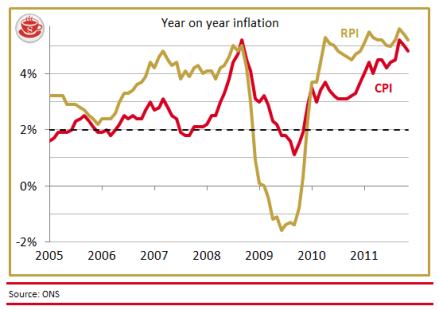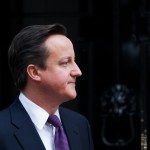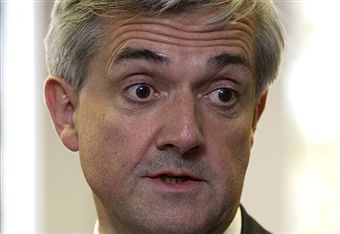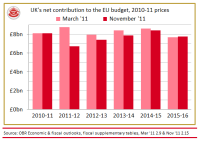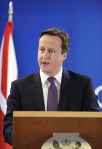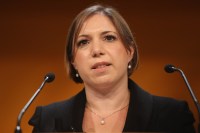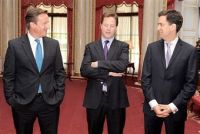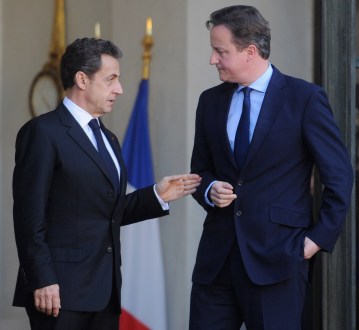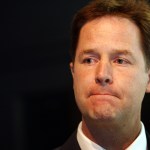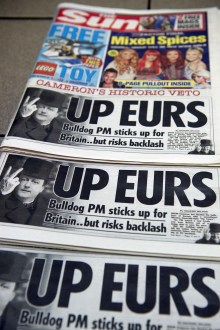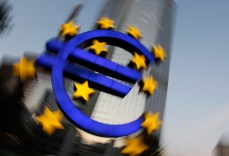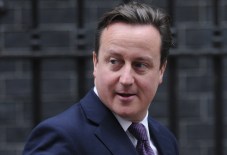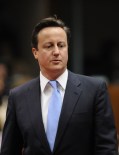Inflation down, but the squeeze goes on
Has Mervyn King’s downwards trend in inflation, promised for over a year now, finally arrived? After all, going by today’s figures, inflation has now dropped for two months running. CPI inflation is at 4.8 per cent, and RPI is at 5.2 per cent. What’s more, we can expect them to fall even further once the effect the VAT rise is removed in January: But I wouldn’t get too excited just yet, CoffeeHousers. Sure, most forecasters have inflation going down from here into the foreseeable future — but, don’t forgot, we’re still being subjected to pretty high inflation, with CPI over double its target level. And, crucially, even by the OBR’s
